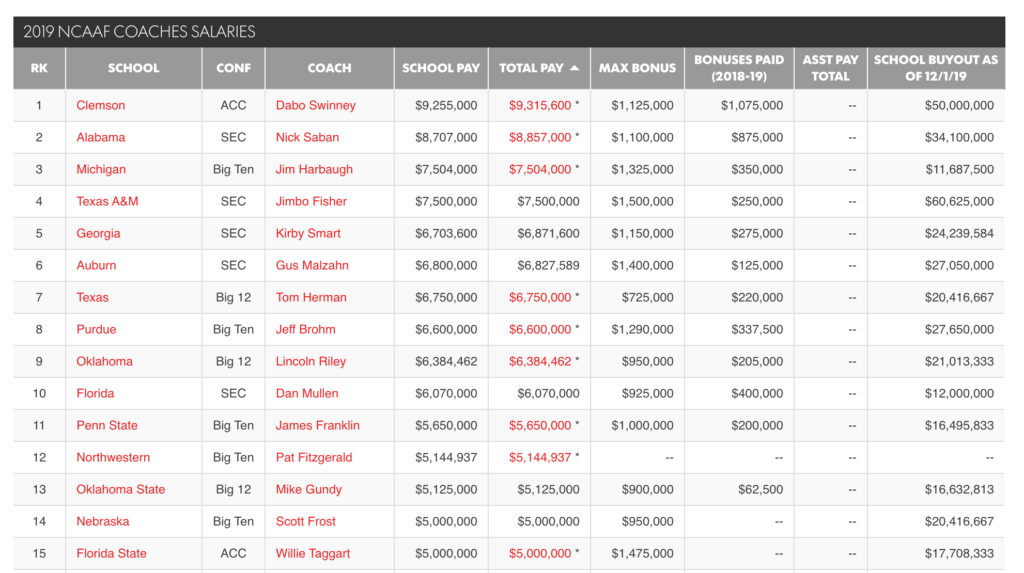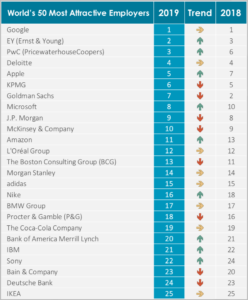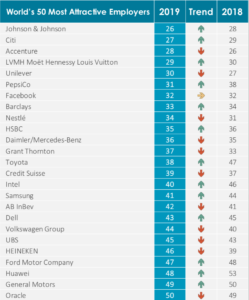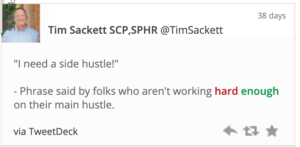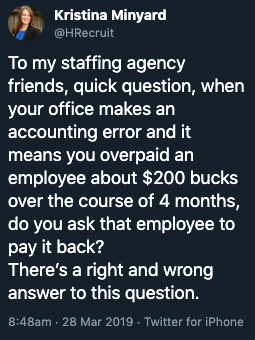There is one compensation list that I love! I’m a big fan of college football and each year the various media outlets will release the top-paid college football coaches. Here’s what it currently looks like:
Okay, let’s do the breakdown and we can see where performance management through compensation is working and not working!
#1 and #2 – Dabo Swinney (Clemson) and Nick Saban (Alabama) – for the past few years have been at the top of college football polls and winning national championships, so it seems like they are positioned pretty well. I don’t think anyone could argue Nick belongs on top, but’s he’s doing just fine!
#3 – Jim Harbaugh (University of Michigan) – he’s won about 70% of his games, but has no Big Ten Championships and no national championships, and can’t be U of M’s biggest rivals on the regular. He would be fired by any company in America because he’s overpaid by so much it’s almost obscene.
#4 Jimbo Fischer (Texas A&M) – He’s really Jim Harbaugh, Jr.
#5-#7 – Georgia, Auburn, Texas – Probably where they should be, for Georgia and Auburn especially. Texas is doing well this year but has had recent struggles, but trending up.
#8 – Jeff Brohm (Purdue) – I’m assuming he’s got pictures or emails of something or someone he shouldn’t because he is way overpaid, maybe worse than Jim Harbaugh! At least U of M gets publicity out of Jim. I wouldn’t know Brohm if he walked past me with a Purdue shirt on that said, “Coach”!
#9 – #11 – Oklahoma, Florida, Penn State – all in line with performance and pay, for the most part. I’m not sure how Penn State came back so quickly from the Sandusky thing, but eventually, we’ll see an ESPN Outside the Lines on how that happened and the second fall.
#12 – Pat Fitzgerald (Northwestern) – I guess if you charge $68K a year for tuition you might as well overpay your head coach by a number of 2345 times what you should.
#13 – Mike Gundy (Oklahoma State) – For the pure entertainment he puts on the field, I would say he’s at where he should be for pay, even though, his team isn’t close to being the 13th best in the country.
#14 – Scott Frost (Nebraska) – FROST Warning! Which means basically nothing. What you see in Nebraska overpaying for a coach is what happens when you go after the young up and comer! “We want the best salesperson from our competitor!” Okay, but it’s going to cost you and they’ll probably have worse results with you.
#15 – Willie Taggert (Florida State) – About where he should based on potential, recruiting, etc. Maybe a bit of an overpayment based on the knee jerk reaction to losing Jimbo Fischer to Texas A&M.
#16 – Charlie Strong (South Florida) – I failed at Texas, but coaching there gave me a giant personal brand and you’re desperate for a big-name coach. Get ready to overpay!
#17 – #19 – TCU, Iowa, and Kentucky – TCU, and Iowa are right in line with pay and performance, Kentucky needed a big name and plays in the best conference in football, so you’re going to overpay a bit to get yourself to average.
#20 – Chris Petersen (Washington) – Underpaid. His teams consistently perform and rank higher than pay rank.
#21 – David Shaw (Stanford) – In line with pay (see Northwestern) – probably needs Jim Harbaugh back to recruit for him because David was awesome when he had Harbaugh recruits!
#22 – Ryan Day (Ohio State) – Get ready for a big raise, big fella! Underpaid, but new, so you get away with it for a little while.
#23 & 24 – Will Muschamp and Mark Dantonio – paid in line with performance. You know I’m a huge Sparty guy, but Coach D is basically paid in line for what’s he’s produced. Some great years, but mostly a 20-25 ranked team, that has Ohio State, Penn State, and Michigan all in their conference each year. South Carolina is basically Michigan State with better weather.
#25 – Paul Chryst (Wisconsin) – Might be the most underpaid coach in Division 1, but they are like, where’s he going to go? Arkansas!?! Nope, so you consistently exceed expectations and we’ll consistently underpay you!
See what I mean!?
Taking a look at how NCAA D1 coaches are paid is just like looking at the compensation of your team. It’s part science, part art form, mostly guessing. Basically, compensation pros are all overpaid, because they truly have no idea what they’re doing and get pushed around too easily by folks with influence in your organization to make dumb decisions and you end up with a list as you see above!
Hit me in the comments on where your coach is on the list and if you think they are paid fairly for the market, or unfairly!

